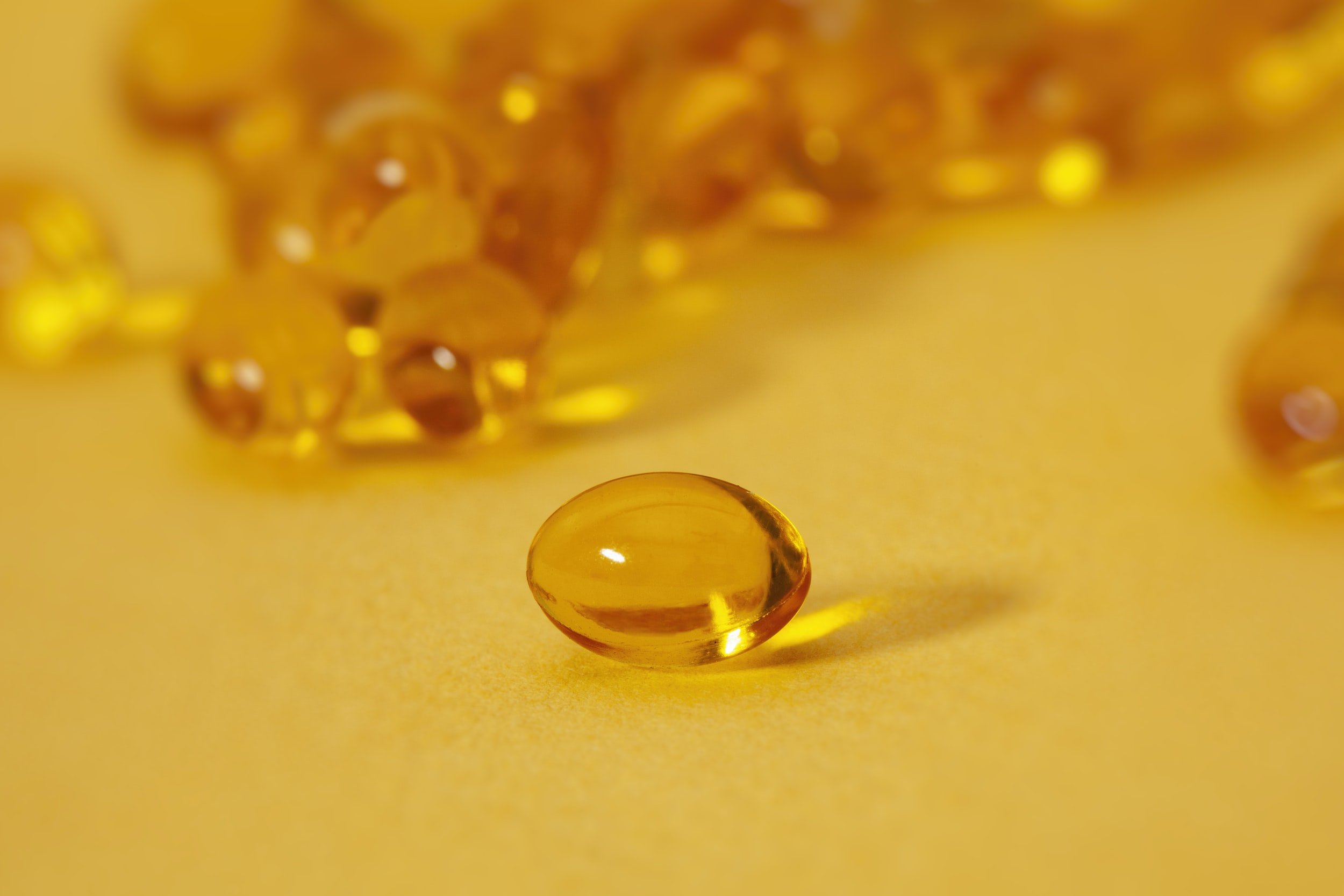As much as 92% of Americans may be losing 2.6 good years of lifespan, due to about that percentage being deficient in Vitamin D.
That may extend to around 1 billion people worldwide, after a convincing intervention study looked at the association of biological age measured with a variety of metrics, and vitamin D levels.
Vitamin D has been investigated for, and is debated to be, a cause for a number of complications, including respiratory tract infections, depressive symptoms, rheumatoid arthritis, multiple sclerosis, colorectal cancer, and breast cancer.
It’s been theorized to play a role in mortality, but this is still debated.
At the beginning of the trial in 2014, some individuals aged 60-85 chose to start supplementing with vitamin D, and after a 7.4 year follow-up, the individuals who were above 50 nanomoles per liter, one of the recognized minimum levels of vitamin D needed to avoid deficiency, had an average lifespan 2.6 years longer than those who chose not to supplement, as well as those with vitamin D deficiency.
A year’s supply of vitamin D is less than the cost of a month’s supply of omega-3 fish oil, making it an easily introducible supplement for the vast majority of Americans.
How age is measured
Hint, it’s not by asking how many birthday candles someone last blew out.
In the study, 1,036 German individuals as part of the Berlin Aging Study II cohort, were examined for biological age as measured by DNA methylation. DNA methylation is the best current way to measure a person’s actual age beyond counting how many birthdays they’ve had, and is done by examining changes, encoded in methyl groups at the level of the DNA, that arose in response to environmental stress.
The ways in which this is measured differ, and have come to be known appropriately as “clocks”. The study authors used Horvath’s clock, Hannum’s clock, PhenoAge, and GrimAge.
These measure how much damage the DNA structure has sustained over a life, with more damage making it harder to maintain the organism in top fitness.
In the study, those that did and did not supplement vitamin D, and those who were deficient, showed comparatively the same levels of “DNA methylated age acceleration”.
“Therefore, we conclude that intake of vitamin D supplement is associated with lower DNAmAA in participants with vitamin D deficiency”. WaL
If you think the stories you’ve just read were worth a few dollars, consider donating here to our modest $500-a-year administration costs.



